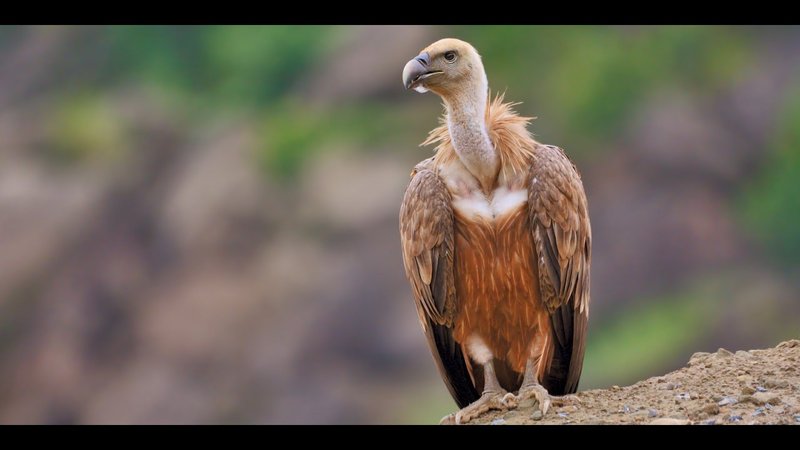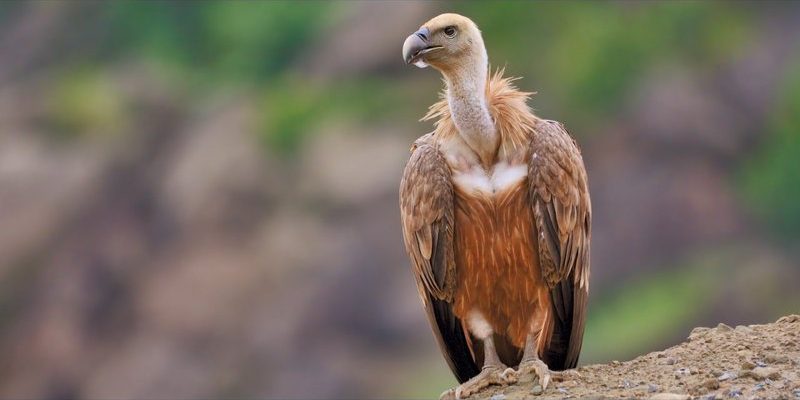
Vultures, particularly the turkey vulture and the black vulture, use their voices to establish communication among each other, alerting their peers to food sources, potential danger, or even social bonding. Just like how we use different tones and cadences to convey emotions, vultures do the same with their vocalizations. In this article, we’re going to explore the various sounds vultures make and what they actually mean. So, grab a comfy seat, maybe a cup of coffee, and let’s dive into the world of vulture vocalizations!
Understanding Vulture Vocalizations
Vulture vocalizations are more than just random sounds; they serve specific purposes. Unlike many birds that sing melodious tunes, vultures are more straightforward with their calls. Their vocalizations can be low, raspy, or even hissing-like. These calls can be used in a variety of situations, ranging from signaling danger to establishing dominance among their flock.
Different species of vultures have unique vocalizations. For instance, the turkey vulture has a distinctive hiss or grunt that can sound quite eerie. On the other hand, the black vulture tends to be a bit louder, with a series of grunts. It’s like they each have their own language! By paying close attention to these sounds, birdwatchers can learn a lot about what these magnificent birds are trying to communicate to each other.
While these vocalizations may not be as pleasant as a songbird’s melody, they are crucial for social interaction. Vultures rely heavily on these sounds to maintain social order and ensure safety within their groups.
Types of Vulture Vocalizations
When discussing vulture vocalizations, we can categorize them mainly into a few types: alarm calls, contact calls, and aggressive calls. Each type has its own purpose and can convey different meanings.
- Alarm Calls: These sounds are usually sharp and loud, meant to alert other vultures to potential dangers such as predators or threats in their environment. If you hear a vulture giving an alarm call, it’s best to pay attention!
- Contact Calls: These are softer, more subdued sounds used to maintain communication between members of a flock. Vultures often use contact calls to stay in touch while soaring in the sky or when foraging on the ground.
- Aggressive Calls: These vocalizations are often used during disputes over food or territory. They are rough and robust, signaling to other vultures that they should back off.
These different types of vocalizations help vultures navigate their social lives effectively. Each sound plays a role in maintaining the delicate balance of their ecosystems.
Why Vulture Vocalizations Matter
You might be wondering why understanding vulture vocalizations is important. Well, for starters, it allows us to gain insights into their social structures and behaviors. Knowing how they communicate can help biologists and wildlife enthusiasts better understand their ecology and habits.
Furthermore, vultures play a crucial role in our ecosystems by cleaning up carcasses and offering a natural form of waste management. If we can comprehend their vocalizations, we can monitor their health and population dynamics. For instance, if a particular vulture species is declining, understanding its communication patterns can help us figure out what’s wrong.
Plus, by paying attention to these vocalizations, we gain a deeper appreciation for these often-misunderstood creatures. Vultures don’t just look for food; they interact, form bonds, and have a voice in the wild. This connection can foster a desire to protect and conserve them.
Vulture Behavior Linked to Vocalizations
The behavior of vultures is closely tied to their vocalizations. When a vulture spots a potential food source, it may emit a series of calls to alert others in the area. This “food call” can rally a flock quickly, ensuring that they can share the meal before it’s gone. It’s like a dinner bell for vultures!
Moreover, when they are establishing pecking order, their vocalizations can become more pronounced. For example, during mating seasons or territorial disputes, a loud and aggressive call can deter rivals. The way vultures use their voices in different contexts shows just how intelligent and adaptable they are.
This behavior isn’t just for show; it’s essential for their survival in the wild. Each call helps maintain harmony within the flock and ensures that everyone knows their role. So, the next time you hear a vulture making noise, remember, it’s more than just a sound—it’s a part of their survival strategy.
How Vultures Use Non-Vocal Communication
While vocalizations are vital, vultures also communicate in many non-vocal ways. This includes body language, posturing, and even social interactions such as grooming. You might think of this as the vulture version of a friendly pat on the back!
For instance, when vultures are preening each other, it’s a sign of bonding and trust. This behavior helps to build social connections within the flock. It’s fascinating how such simple interactions can convey friendship and support among these birds.
Additionally, you might see vultures using their wings to display dominance or submission. An aggressive vulture may spread its wings wide to look larger and intimidating, while a more submissive one might keep its wings tucked close to its body. These non-verbal cues are just as crucial as their vocalizations in conveying messages.
Challenges to Vulture Communication
Unfortunately, vultures face challenges that can affect their communication. One significant factor is habitat loss. As their natural environments shrink due to urbanization or agricultural expansion, the social structures and vocal interactions of vultures can be disrupted.
Moreover, pollution and the use of poisons can impact their health and, consequently, their ability to vocalize effectively. If a vulture is unwell, it may not call as often or as clearly, which can lead to confusion within their flocks.
This disruption can also have a ripple effect on their populations. If they’re unable to communicate well, they may struggle to find food or avoid dangers, leading to declines in numbers. It underscores the importance of conservation efforts to protect these amazing birds and their habitats.
In the world of vultures, vocalizations aren’t just sounds; they’re a window into their lives, helping us understand their behavior and social structures. From alarm calls warning of danger to soft contact calls that keep the flock together, each sound serves a purpose. By appreciating these vocalizations, we gain a richer understanding of vultures and their crucial role in our ecosystems.
So, the next time you’re out and about, keep an ear out for those raspy grunts or hissing sounds. Remember, you’re not just listening to birds; you’re tuning in to a complex world of communication and survival. Understanding vulture vocalizations invites us to respect and protect these often-overlooked birds, ensuring they continue to thrive in our skies.

